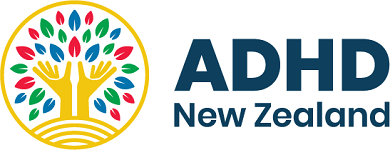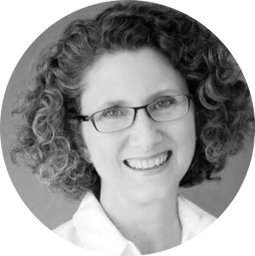Photo by Andrey Popov
What am I actually doing?
|
Thanks to author Brett Harrington, MACAT, ANZACATA Therapist, ADHD specialist
As well as being on the board of ADHD NZ, Brett Harrington is an ADHD specialist coach, counsellor and therapist and manages her own consultancy, ADHD Sorted. Since 2011, she has been dedicated to working with adults and children with ADHD using her ADHD-friendly and tailored approach to help them to manage life's challenges, be it in school, university, employment, business or relationships. "In this series of blog posts, I’ll talk about the 5 key ‘Awarenesses’ those with ADHD need to achieve a less confusing and more productive life. We should approach these 'Awarenesses' with a spirit of curiosity and a big helping of self-compassion. This is the first in this series of five blogs." |
What am I actually doing?
Those of us who seek help for our ADHD will feel that no matter what we do, it’s not enough; that we should have done more, or better.
Or if we get something accomplished, we may think, I should have done it a week ago, dismissing the achievement.
After what may be many years of feeling like we don’t quite measure up or are failing to meet our potential, this notion becomes a repeated thought habit that isn’t necessarily true. And if there is some truth to it, it’s seldom the whole truth.
The question, ‘what am I actually doing?’ is an invitation to notice, with certain detached objectivity, what are we actually attempting to do each day?
To support that awareness, I invite my clients to keep track of what they do, for example, over a three-day period, starting from when they wake up to when they end the day by sleeping.
What many clients discover is that they are not underperforming as much as they thought they were.
For those who struggle with feeling stuck, this is important to realise because it’s then possible to begin to unpack feelings of ‘stuckness’ and move in the direction of what we decide constitutes getting back on track.
We can only begin to improve on something when we know what we’re working on. Becoming aware of what we are doing is the place to start.
Or if we get something accomplished, we may think, I should have done it a week ago, dismissing the achievement.
After what may be many years of feeling like we don’t quite measure up or are failing to meet our potential, this notion becomes a repeated thought habit that isn’t necessarily true. And if there is some truth to it, it’s seldom the whole truth.
The question, ‘what am I actually doing?’ is an invitation to notice, with certain detached objectivity, what are we actually attempting to do each day?
To support that awareness, I invite my clients to keep track of what they do, for example, over a three-day period, starting from when they wake up to when they end the day by sleeping.
What many clients discover is that they are not underperforming as much as they thought they were.
For those who struggle with feeling stuck, this is important to realise because it’s then possible to begin to unpack feelings of ‘stuckness’ and move in the direction of what we decide constitutes getting back on track.
We can only begin to improve on something when we know what we’re working on. Becoming aware of what we are doing is the place to start.





